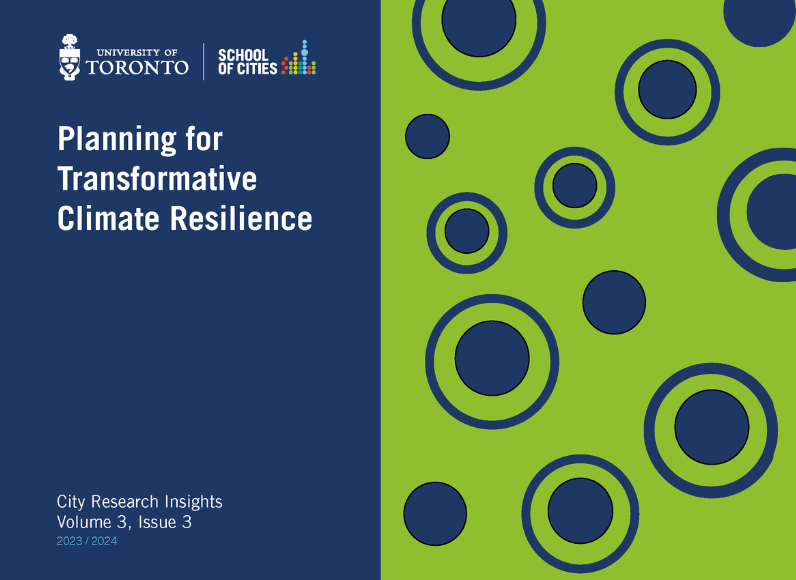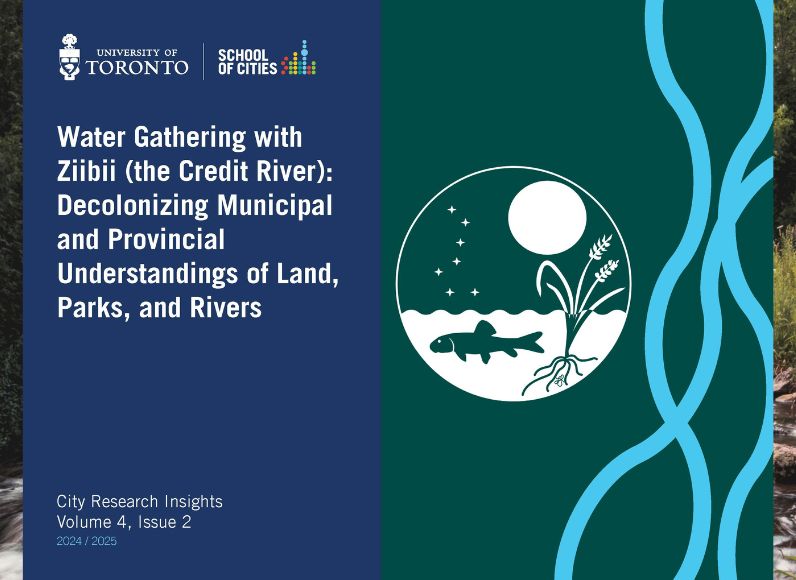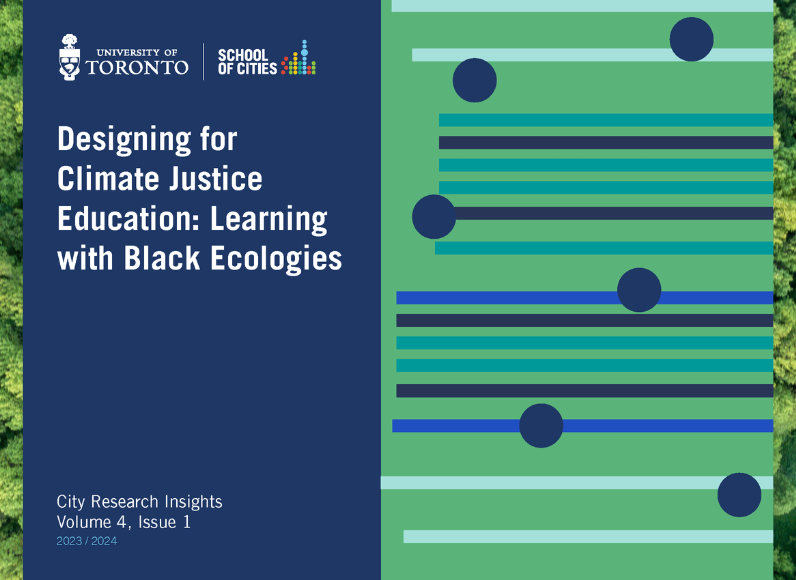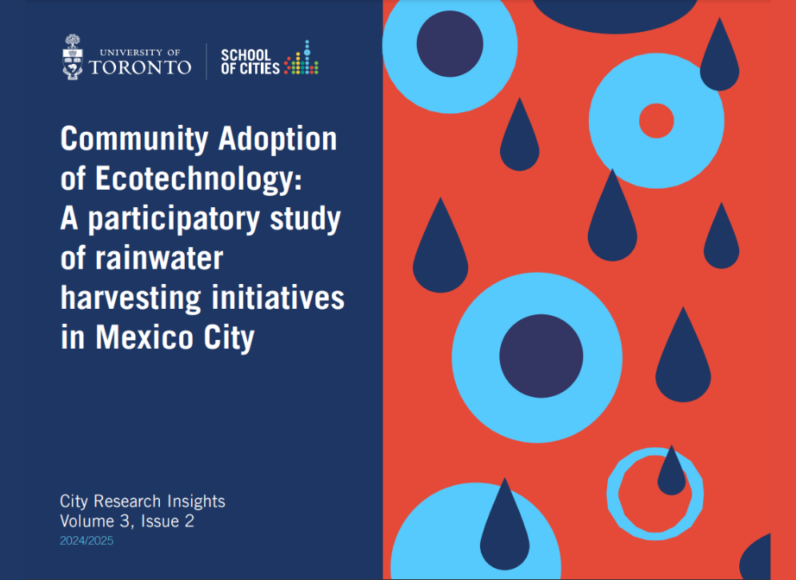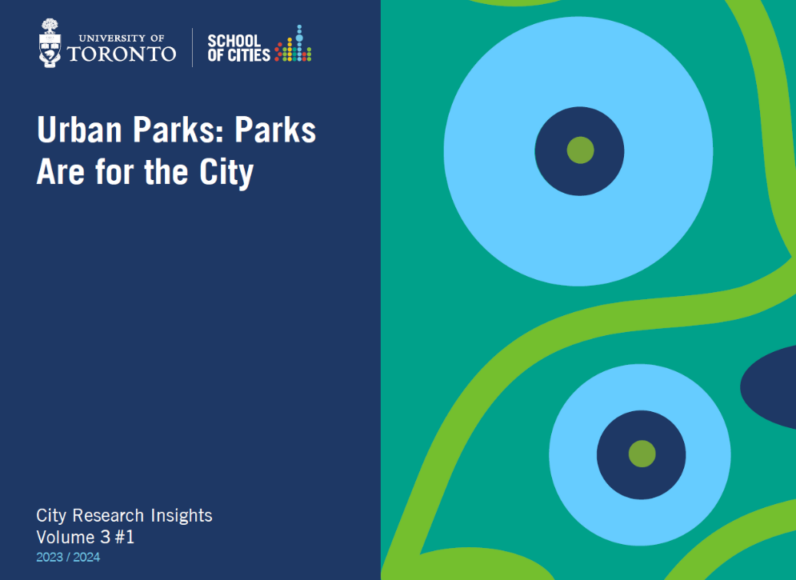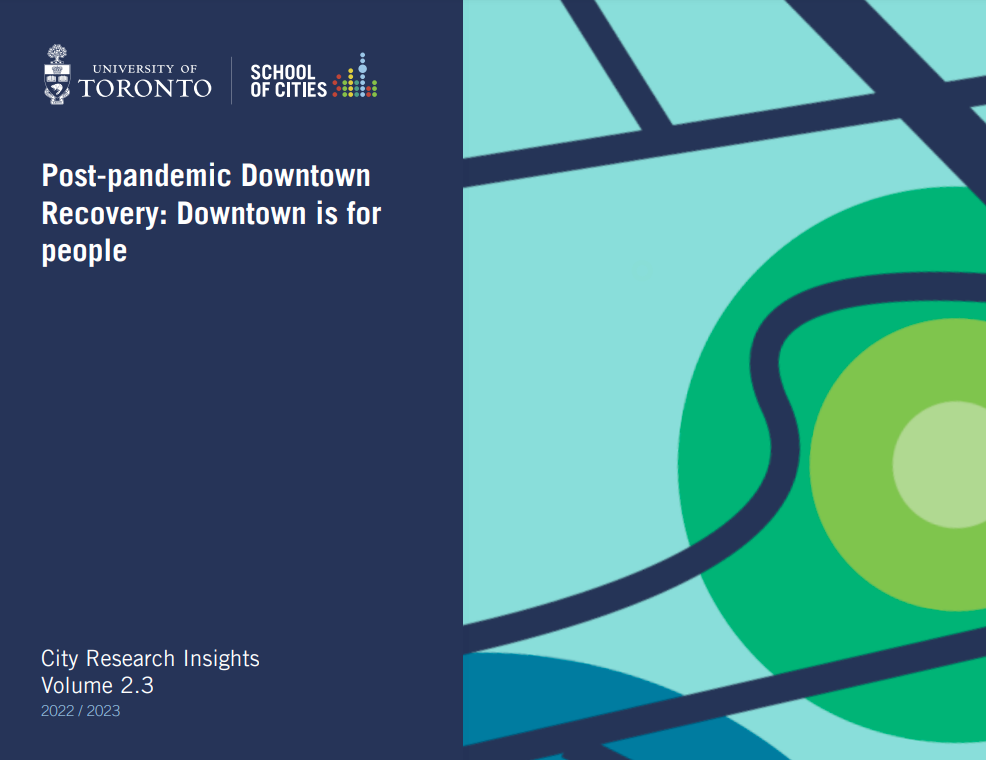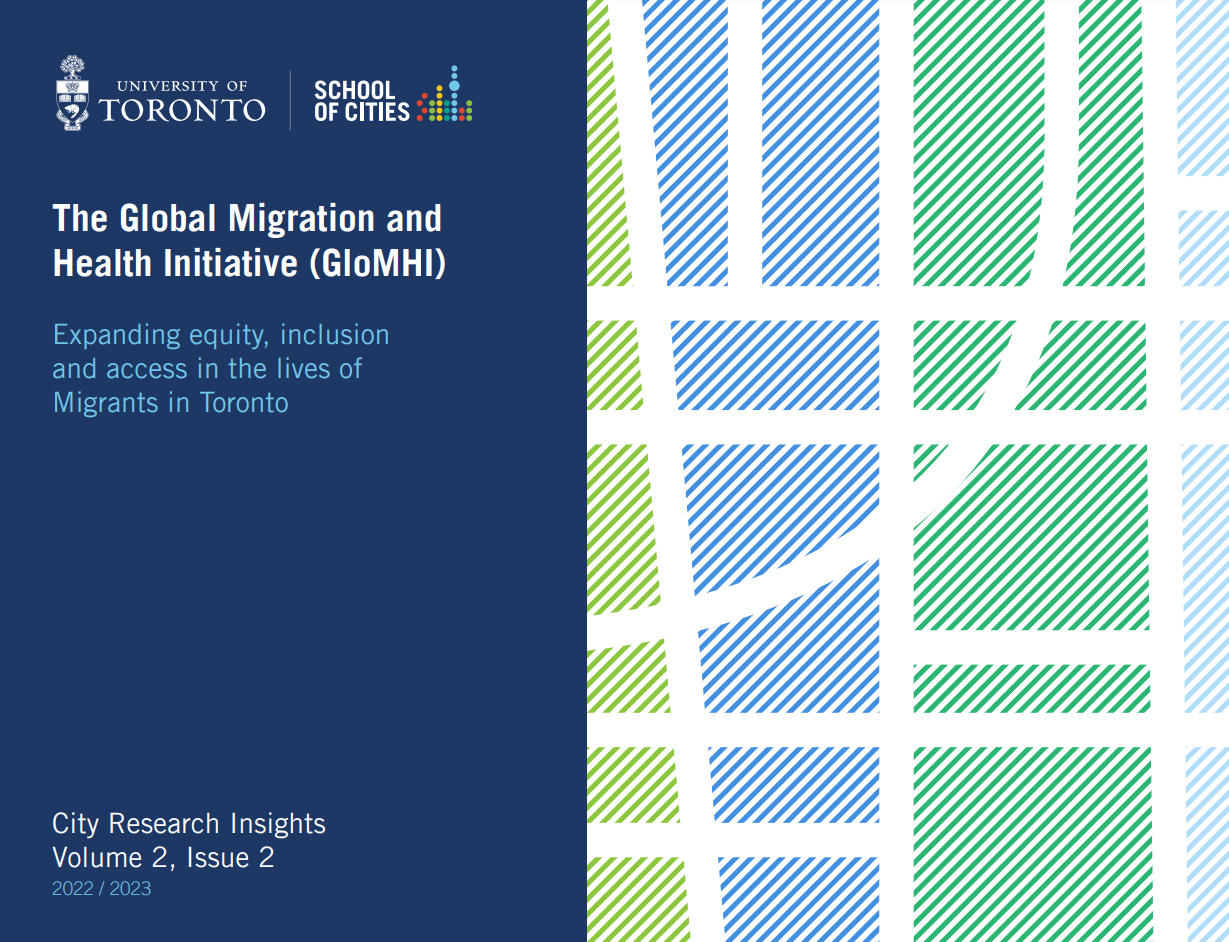Executive summary
Building climate resilience that fosters equitable development, governance, and support to vulnerable populations requires an understanding of climate issues which is based on inclusive and socially-just principles. This is especially important considering the disproportionate impacts of the ongoing climate crisis on marginalized communities.1
This issue of City Research Insights (CRI) reports on an action research project that works to advance practices and theories that support evidence-based climate resilience, which is especially important in Southeast Asia, as current policies tend to focus only on climate-proofing infrastructures (i.e., framing climate as a technical problem). Additionally, policymakers report their lack of expertise regarding how to apply climate resilience knowledge that incorporates social vulnerability concepts. Ongoing transdisciplinary empirical research remains necessary to address these barriers and knowledge gaps in the contextual implementation of just and effective environmental policies.
This action research study engaged policymakers in learning to implement transformative policies to support climate justice in three rapidly urbanizing Southeast Asian (SEA) cities: Battambang, Cambodia; Khon Kaen, Thailand; and Ninh Binh, Vietnam. The project focused on operationalizing climate justice and building the receptive capacity of policymakers, and this report explores how researchers can support policy change towards transformative resilience.
Southeast Asia
Southeast Asian (SEA) cities are experiencing rapid urban growth, typically
unaccompanied by adequately planned infrastructure or social protection mechanisms.2 Although climate resilience efforts exist, they have been focused on infrastructure solutions that either postpone or displace risk. Climate vulnerability is especially amplified for marginalized groups, given the region’s high susceptibility to climate change impacts – such as flooding, drought, and extreme weather – and the limited economic power and political representation of these groups.
Local governments can play a vital role in mitigating climate vulnerabilities. However, in Southeast Asia, resource, capacity, and knowledge limitations remain key barriers to achieving climate resilience. As part of the decentralization processes taking place in SEA countries, the responsibility for many key areas of environmental and social governance is being shifted from central to municipal governments. In secondary cities, such as those involved in this work, the financial and administrative powers needed to improve urban climate resilience often lag behind this shift, leaving municipal policymakers unequipped and under-resourced. To address these challenges and help inform equitable climate adaptation policies, researchers can play a pivotal role in increasing the accessibility, feasibility, and application of climate mitigation strategies.
Secondary cities are mid-sized cities which, in SEA, are seeing rapid growth driven by regional economic integration under the ASEAN Economic Community (AEC). Compared to capital cities, their government resources are often limited.3 Secondary cities are typically more vulnerable to climate change risks while much of their population is given limited political voice, leaving them less able to respond to environmental shocks and crises.4
Project team
- Amrita Daniere, Department of Geography & Planning, U of T
- Joanna Kocsis, Department of Geography & Planning, U of T
- Rebecca J. McMillan, Department of Geography & Planning, U of T
- Jutamas Kaewsuk, Environmental Engineering and Disaster Management Program, Mahidol University Thailand
- Try Thuon, Department of Sustainable Urban Planning and Development, Royal University of Phnom Penh
This City Research Insight features the work of three University of Toronto researchers – Professor Amrita Daniere, Dr. Joanna Kocsis, and Dr. Rebecca J. McMillan – who have been collaborating on the project “Urban Climate Justice: Policymaking for Transformative Resilience” from our Urban Challenge Grant 2.0 cohort. The research group also includes two colleagues from universities in Southeast Asia – Professor Jutamas Kaewsuk of Mahidol University in Thailand and Professor Try Thuon at the Royal University of Phnom Penh.

Battambang is the third largest city in Cambodia, with a 4 population of 119,000 people (2019), and is the capital of Battambang province. It is considered a historically significant settlement as it has been a key trading city since the time of French Colonial occupation and remains the commercial and cultural hub of Cambodia’s northwest.
Khon Kaen is the fourth largest city in Thailand with a population of 412,000 (2022) and is the capital of Khon Kaen province. The city has undergone rapid urbanization in recent years, and has plans to undertake Smart City development, including a somewhat contentious plan for the creation of a municipal light rail network.
Ninh Binh, the capital of Ninh Binh province, is located in northern Vietnam and has a population of around 160,000 (2014). Ninh Binh is home to the Trang An Landscape Complex, a UNESCO World Heritage site that boasts a series of limestone mountains and caves that have made the region a popular eco-tourism destination managed through a public-private partnership.
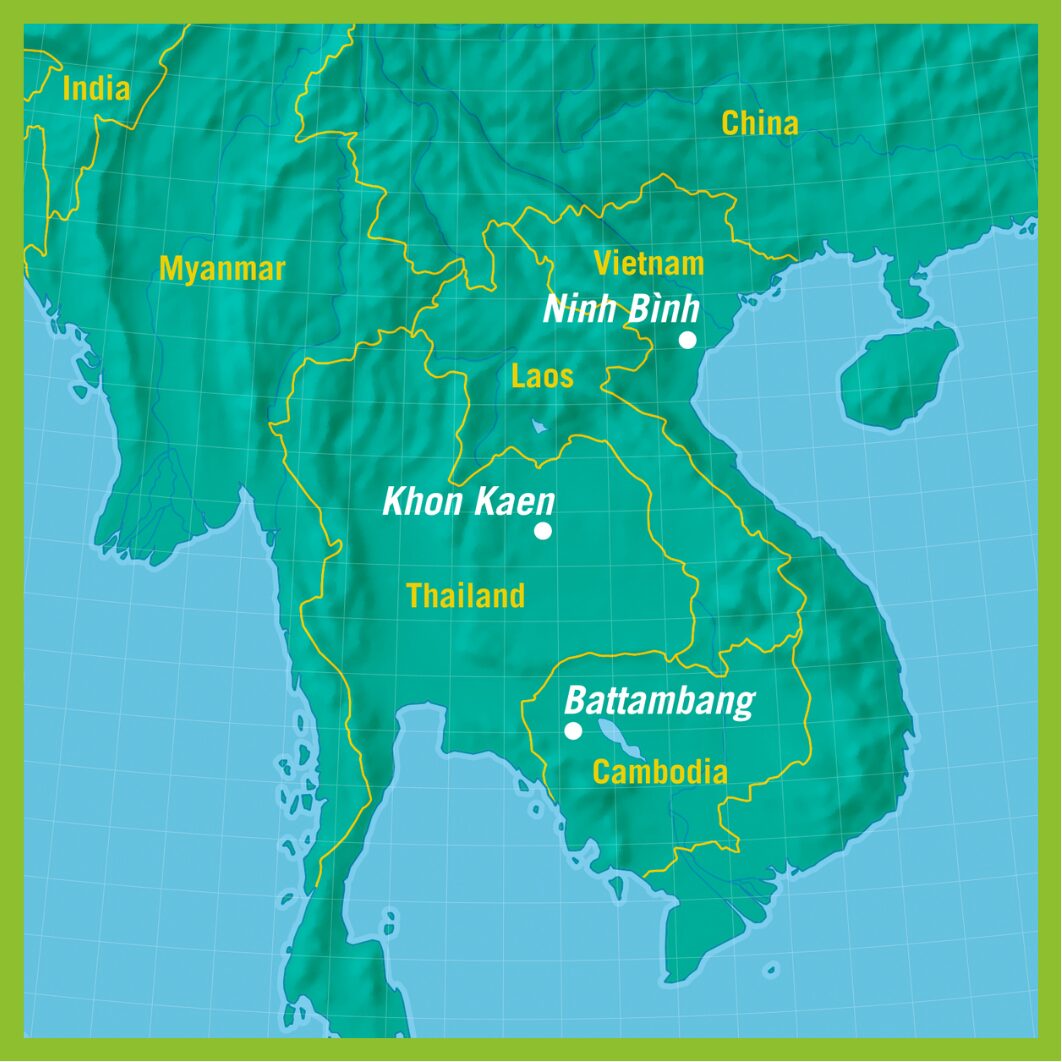


Methodology
The research was structured as an iterative participatory process with extensive fieldwork that leveraged a long-term relationship between the University of Toronto’s Urban Climate Resilience in Southeast Asia (UCRSEA) project and researchers and policymakers in Southeast Asian secondary cities. Engaging multiple local stakeholders, the project focused on developing and testing a highly interactive, games-based workshop to address key knowledge and skill limitations that condition policymakers’ climate justice practice. The transdisciplinary project included five phases:
- identifying barriers to evidence-based policymaking on local urban climate resilience to help establish an evaluation baseline;
- developing a political ecology-informed Urban Climate Justice Curriculum through a participatory iterative design process;
- supporting local research partners in adapting the developed curriculum to their contexts;
- assessing changes in policymakers’ competencies and practices; and
- synthesizing lessons learned to share with urban climate justice practitioners and scholars.

The research relied on intensive fieldwork in Battambang, Cambodia; Khon Kaen, Thailand; and Ninh Binh, Vietnam. It included questionnaires and semi-structured interviews with 25 policymakers and 15 civil society members to gain insights on climate-related knowledge needs, attitudes, priorities, and practices that are contextually informed. These interviews informed the development of the three-module climate change curriculum that was workshopped and refined with the local partners. After the delivery of the curriculum in each context, the research team met with workshop participants again to measure the change in their understanding of urban climate justice issues.
Key findings
1.
Climate change mitigation policies operate within hierarchical jurisdictional siloes.
- There is widespread scalar mismatch and poor vertical and horizontal coordination in local
governance. - Top-down policymaking limits the autonomy and influence of local governments in case study cities.
- The transdisciplinary nature of climate change mitigation policies is misrecognized, limiting action.
- There is weak downward accountability to marginalized communities and little appreciation for community-driven resilience strategies.
- As they operate outside the bureaucratic governance hierarchy, researchers are well poised to make critical interventions to influence local policy.
2.
Many policymakers lack the necessary skill set to incorporate equity principles in climate mitigation strategies.
- Policymakers overlook the social dimensions of climate resilience in all three cities.
- The most notable knowledge gaps are related to social vulnerability (e.g., poverty, gender, migration).
- Interactive, games-based workshops for policymakers and planners can demonstrate the connections between political ecology and social justice, building awareness around climate change impacts in relation to social causes of vulnerability.
3.
Translating research findings into actionable planning strategies poses a significant challenge.
- There is a lack of direct interaction between local policymakers and researchers, and policymakers and community members.
- Studies are primarily driven by researchers, leading to priorities and recommendations that are often not feasible in the local context.
- Research recommendations don’t match available resources (i.e., recommendations are too costly to implement).
4.
Shadow networks – informal relationships with and between formal institutions – are important in mobilizing urban resilience.
Hierarchical Jurisdiction Silos
Political processes and policymaking, in addition to climate change and heavy rainfall, are factors in flood risk and livelihood vulnerability in cities, which have the potential to contribute to new poverty patterns in peri-urban areas. Livelihood vulnerability due to flood is complex, and a multi-dimensional policy approach is required to address it adequately.
Urban growth in Khon Kaen City, Thailand over the previous decade has been largely unplanned, and, together with minimal land use regulations, has increased flood risk in the city. The rapid urban growth and development have resulted in greatly reducing wetlands and pervious surfaces.
For flood mitigation, policymakers in Thailand prefer to use structural rather than non-structural measures, for example building floodwalls rather than strengthening urban planning regulations that decrease the occurrence and intensity of flooding. This alone is insufficient for reducing flood risk and impacts.
The impact of floods on livelihoods in the area can be severe. As a result of climate and landscape change, the growing intensity of floods threatens agricultural production and damages property. In the peri-urban areas of the city, households that depend on agricultural livelihoods lose both their major sources of food and income. Residents further incur large financial debts in replacing and repairing damaged property.
Livelihood vulnerability and flood risk: A Case in Khon Kaen City, Thailand 5
A multi-pronged approach to addressing livelihood vulnerability due to climate change and flood is required. As urbanization is still a strategy to reduce dependency on primarily agricultural livelihoods by providing alternative and more secure employment opportunities to households, urban growth can increase the area’s adaptive capacity to flood risk. Thailand’s highly centralized administrative system should consider more than structural measures for managing floods, instead implementing risk-sensitive land use planning that manages infrastructure development in floodplains, and increasing pervious surfaces to slow down rainwater runoff.


Calls to Action
1.
All actors should prioritize equitable climate adaptation policies that respond to climate challenges at the local level.
- Governments and civil society groups can create state-civil society linkages that advance collective decision-making.
- Researchers and funders can prioritize an inclusive research approach that involves a diverse range of local stakeholders.
- Governments should promote policymakers’ capacity-building that is directly informed by applied research.
2.
Governments should work towards multi-level resilience systems.
- Government at all levels should recognize stakeholders’ and policymakers’ informal networks and foster spaces and activities to support relationships that promote information and skills sharing.
- Governments should support policymakers’ relationship-building across multiple government levels and departments to share knowledge and provide access to information across scales and sectors.
- Governments should invest in policymakers’ learning, capacitybuilding, and development of skillsets around climate change impacts and urban climate justice frameworks.
3.
Researchers should develop long-term research-informed, scalable, and collaborative processes of problem-framing and problem-solving.
- Researchers can support local policymakers by deploying context-appropriate training to raise awareness of the structural marginalization of the communities in their purview.
- In developing guidelines and best practices, researchers should consider the specific contexts of local cities and develop solutions that address immediate concerns as well as long-term resilience goals.
- Researchers should use alternative methods of capacity development, such as simulations and games, that support local policymakers by allowing them to practice applying climate justice strategies in concrete ways.
- Researchers should consider the skills needed to implement their policy recommendations and include in their funding proposals the provision of support for policymakers on such skillsets.
What’s next?
The research team continues their efforts to deepen practitioners’ understandings of climate resiliency and associated mitigation strategies. This includes how more holistic considerations of the complex social and structural factors that determine peoples’ vulnerability to climate risks can support improved governance for urban climate resilience. Currently, the team is refining the Urban Climate Justice Curriculum based on collected feedback from local stakeholders and policymakers. Once finalized, the curriculum, along with training guidelines, will be available via open access. Local scholars and researchers will continue to lead workshops for stakeholders and policymakers. Additionally, the team is adapting the developed curriculum for the Latin American context, where it will be delivered to academic and civil society partners.

By: Try Thuon
Interview with Amrita Daniere (University of Toronto) & Joanna Kocsis (University of Toronto)
How did your partnership begin?

Amrita Daniere: The partnership began about 10 years ago when we secured a major IDRC (International Development Research Centre) and SSHRC grant focused on sustainability. These grants brought together Thai and Canadian scholars to work on sustainability themes in Southeast Asia. The partnership expanded to involve scholars from countries including Myanmar, Thailand, Vietnam, and Cambodia.

Joanna Kocsis: After the initial project, I identified a common problem regarding the gap between research and policymaking, leading to a smaller partnership with Amrita focused on improving policymakers’ capacity to understand and utilize research findings effectively.
Were there any barriers to implementing your research in the selected areas or countries? What did these barriers look like?
Joanna Kocsis: I found it challenging to encourage and motivate policymakers to understand and utilize research effectively. I focused on the evolution and initiative to bridge the gap between research and policymaking. Also, political tightening led to significant obstacles. During our visits, we were escorted by government officials. I believe that this enabled an environment that altered the authenticity of policymaker interactions and limited participation in workshops. The experience highlighted the challenges of asking socially-informed questions, as they were more politically sensitive than technical ones. Transcultural barriers also existed, necessitating the use of trusted local partners for effective communication and adaptation to the local contexts.
Amrita Daniere: The most significant barriers were the political environments of the regions, particularly in countries like Myanmar and Vietnam. In Vietnam, there have been increasing restrictions on research activities in recent years, making it difficult to obtain research visas and permissions. This led to an incomplete component of our research in Vietnam. We encountered fewer obstacles in Cambodia and Thailand. We learned that continuing our research meant understanding the potential risks due to the unpredictable political environments.
How did you find trusted partners and begin strengthening those linkages to effectively pursue your research?
Amrita Daniere: Over time, we developed strong relationships with trusted partners that blossomed with people whom we’ve collaborated or mentored for years, and they became looped into the work Joanna and I are doing. These partnerships went beyond transactional arrangements, they have grown from fostering sincere and authentic relationships built on trust, confidence, and mutual understanding of strengths and weaknesses.
Joanna Kocsis: Some of the workshops in Thailand were facilitated by a drama teacher we contracted. His expertise in drama and performance to facilitate role-playing made the sessions more impactful than when they were delivered by academics, who were more formal. Who delivers the workshops and how they deliver them is more important than the exact details of the content they’re delivering. In Cambodia, the workshops were delivered by Try Thuon and some of his students. Our emphasis was to choose leadership without being solely guided or selected on academic merit. Creating a mix of academics and student facilitation – who have a bit more space for playfulness in their relationships with policymakers – has been successful, and led us into ongoing training of graduate students to lead future sessions.
Can you speak more about the participatory approach you pursued for this project?
Joanna Kocsis: Our participatory approach is not based on content delivery but on changing attitudes and understandings. The workshop we delivered was about the social impacts of urban climate change. Rather than just being a PowerPoint presentation, we developed a couple of different games, including a half-day simulation where people role-played. Our project’s success depended on leveraging the trust and credibility of our chosen partners to facilitate engagement. They were the key to enabling a participatory environment, and this was a challenge – their work was done despite the vulnerability and risks involved, particularly in contexts where policymakers were from military backgrounds. Our chosen partners have strong relationships and innovative methods to foster empathy and understanding among policymakers for people from different social and political backgrounds.
Amrita Daniere: The emphasis of the workshop is on the delivery style rather than the specific content, highlighting the importance of the facilitator’s approach in engaging policymakers effectively. Shifting policymakers’ perspectives on climate justice requires effective facilitation and ongoing evaluation of the workshops to create and implement meaningful workshops.
How did you assess the effectiveness of the interactive game-based workshops in developing new outlooks and perspectives, particularly regarding climate justice issues?
Joanna Kocsis: We conducted knowledge, attitudes, and practice surveys with policymakers before and after the workshops to find out what their knowledge needs were and to measure changes in understanding. Policymakers expressed excitement and positivity after the workshops, highlighting unexpected outcomes such as improved networking among policymakers from different ministries and a newfound ability to imagine alternative futures. While the impact on policy change is difficult to measure in the short term, there may be some impact on peoples’ way of thinking. Our approach emphasized networking, skill-building, and shifting access to policy discussions. We employed evaluation methods such as outcome mapping to measure perceivable, tangible, and immediate changes resulting from the workshops. In this project we wanted to develop a method to encourage policymakers to think in different ways about problems.
- McMillan, R., Kocsis, J., & Daniere, A. (2022). Rights, justice and climate resilience: lessons from fieldwork in urban Southeast Asia. Environment and Urbanization, 34(1), 170-189.
- Martin, T., Marschke, M., & Win, S. (2019). “Bridging systems and people-centred approaches in urban vulnerability research: Insights from Dawei, Myanmar”, and Le, H., & Ha, L.B. (2019). “Flood resilience in peri-urbanizing Vietnam: A case study from Ninh Binh Province”, in A.G. Daniere, & M. Garschagen (Eds.), Urban Climate Resilience in Southeast Asia (pp. 19-40; 83-102). Cham, Switzerland: Springer Nature.
- Brown, A., Dyaya, A., & Del Rio, C. R. (2012). From practice to theory: Emerging lessons from Asia for building urban climate change resilience. Environment & Urbanization, 24(2), 531-556.
- Tanner, T., Uz Zaman R., Acharya S., Gogoi, E., and Bahadur A., (2019), “Influencing Resilience: the role of policy entrepreneurs in mainstreaming climate adaptation”, in Disasters, 43(S3): S388-S411.
- Beringer, A.L., and J. Kaewsuk, (2018), “Emerging Livelihood Vulnerabilities in an Urbanizing and Climate Uncertain Environment for the Case of a Secondary City in Thailand”, in Sustainability, 10(5), 1452



